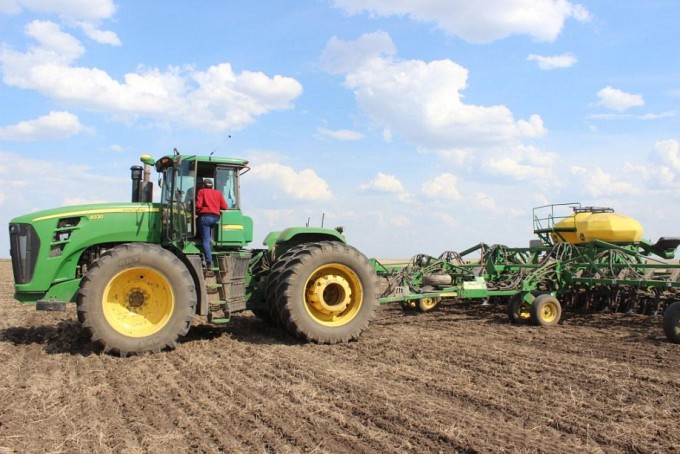
KazAgroFinance has launched a new agricultural machinery leasing program using its own funds. The program is aimed at agricultural producers whose needs go beyond the current preferential programs, the company's press service reported.
The leasing program was developed as part of the new strategy of Baiterek Holding (which includes KAF) to unify rates for financing programs for subsidiaries at 12.6% per annum. The equipment leasing term is up to 10 years, with an advance payment of 15%.
KAF noted that financing will be carried out exclusively using the company's own funds, which makes the product flexible in the context of the current demand for long-term investment resources.
"The new program is our strategic response to market demands. There are many areas and types of equipment that are not covered by preferential mechanisms. At the same time, the need for financing remains. Using our own resources, we create an additional window of opportunity for those who remain outside the framework of state programs. This is not an alternative to preferential solutions, but a logical and timely addition to them,” said Aidar Prashev, Chairman of the Board of JSC KazAgroFinance.
KAF plans to allocate about 20 billion tenge to finance the new program in 2025, covering a wide range of agro-industrial complex entities.
Along with the new product, KazAgroFinance continues to implement a preferential leasing program for domestic equipment at 5% per annum. In 2025, 200 billion tenge were allocated for it. To date, this program has financed the purchase of over 4 thousand units of equipment for more than 76 billion tenge.
The following programs are also in effect: “Made in Kazakhstan”, “Preferential Leasing” at 6%, “Our Own Feed”, financing for these programs is projected to be 18.5 billion tenge.
Earlier, the managing director of the Baiterek holding Niyaz Koshkimbaev announced plans to finance projects in agribusiness at a rate of 12.6% without attracting budget funds. This rate is lower than the current market lending conditions at 24%, which will increase the inflow of investment into the agro-industrial complex.